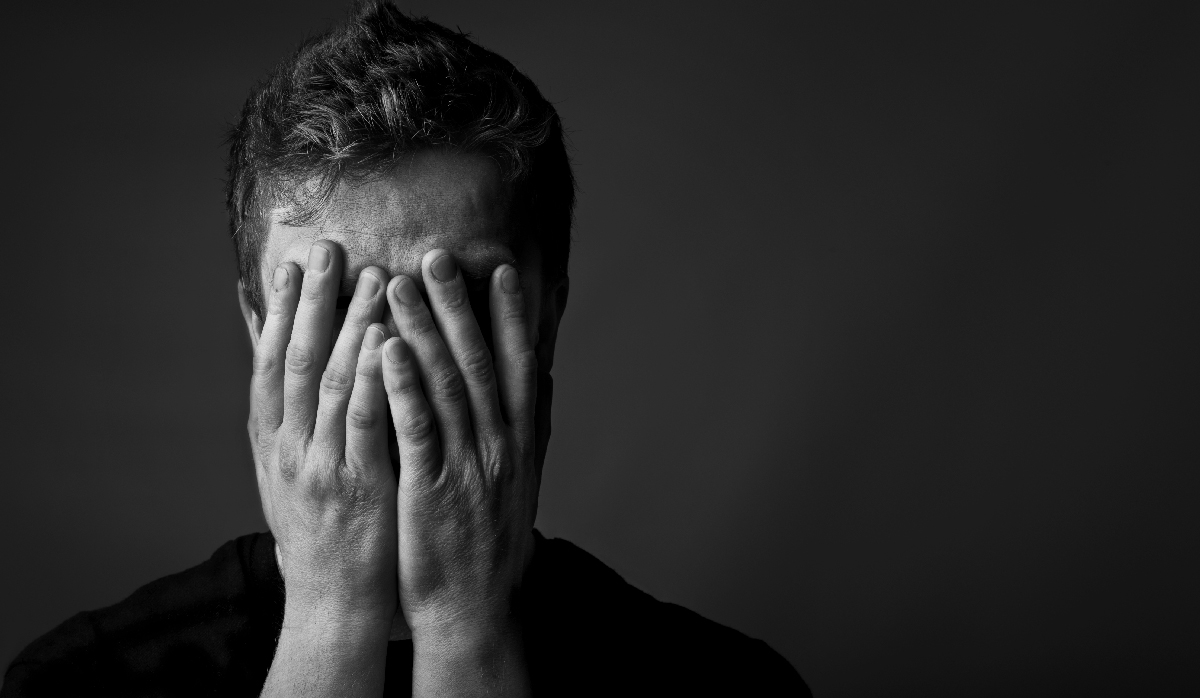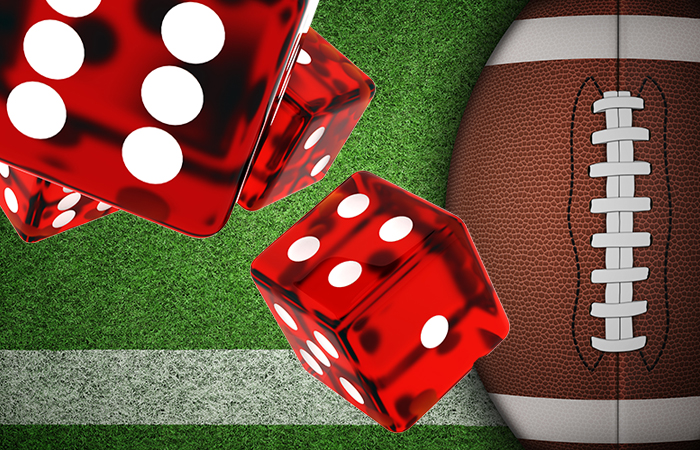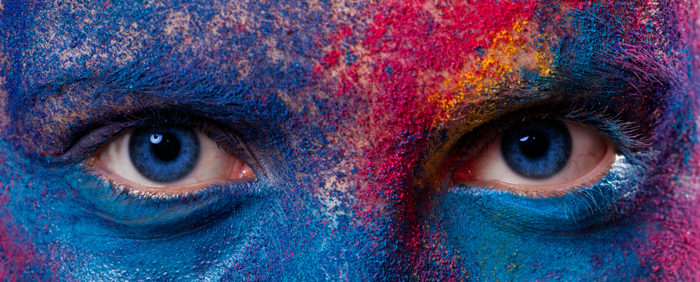Identifying mental health issues in childhood can be difficult. Because children go through certain developmental phases, it’s normal for them to experience emotional ups and downs as they’re growing up; however, mental illness in kids is more common than we think. Because the signs of mental illness in children are often difficult to catch, many kids grow up struggling with mental disorders without further understanding. As a drug and alcohol treatment center in Palm Beach, we know that an untreated mental disorder can have devastating results.
What Is Mental Illness?
Mental health refers to the general wellness of how you think and regulate your emotions as well as how these factors tie into your behavior. A mental illness or mental disorder is characterized by the person’s pattern of thinking and behavior. These patterns are usually negative, causing distressing symptoms. Mental disorders in children are generally defined as disruptions in their development. A child with a mental illness may not be at the level of cognitive behavior where they’re meant to be at their age. They may also struggle with behavioral problems and difficulties learning. Social events and interactions with others may also be difficult and even distressing. A mental health disorder can disrupt a child’s life, making it difficult for them to learn and interact with others to their fullest potential.
Questions about our Programs?
Our admissions coordinators are available 24/7 to answer any questions you may have as you consider whether treatment at Banyan is right for you or your loved one.
What Causes Mental Illness in Children?
Mental illness in young children can occur for a variety of reasons. While there is no specific answer, there are several contributing factors of mental disorders in kids including:
- Genetics
Mental illness often runs in families and the vulnerability to these disorders, or genes, can also be passed down through generations. For example, those who have a family history of depression are more likely to also suffer from major depressive disorder.
- Biology
Mental disorders may also occur due to any disruptions in brain function. Many mental disorders in kids have been linked to head trauma as well as abnormal function in the areas of the brain that control emotions, thoughts, behavior, and memory.
- Trauma
A mental disorder can also be a result of a traumatic experience. Post-traumatic stress disorder (PTSD) is a mental disorder that can occur in adults and children who have experienced physical or psychological trauma.
Children who grow up with a mental disorder and no professional help may experience more severe symptoms over time. Usually, children in these situations often require treatment for their mental illness when they’re adults. At Behavioral Health of the Palm Beaches, we offer a residential mental health treatment for adults that separates individuals from their everyday lives to help them focus on their recovery.
What Are the Most Common Mental Disorders in Kids?
While children can essentially develop any form of mental disorder, the most common mental illnesses in children include:
- Anxiety disorders
- Post-traumatic stress disorder (PTSD)
- Attention-deficit disorder (ADD)
- Attention-deficit hyperactivity disorder (ADHD)
- Pervasive developmental disorders
- Schizophrenia
- Eating disorders
- Elimination disorders
- Communication disorders
- Learning disorders
- Tic disorders
- Affective disorders
Kids who grow up with a mental disorder may struggle without help. When they become adults, a more consistent and comprehensive form of mental health treatment may be required. Whether or not you received mental health treatment as a child, Behavioral Health offers various mental health programs for adults that can help.
Get a Free Insurance Verification Today!
"*" indicates required fields
What Are the Signs of Mental Illness in Children?
The signs of mental illness in children may vary depending on the type of disorder, but there are some common signs that you should look out for, such as:
- Changes in sleep patterns
- Changes in eating habits
- Inability to cope or manage daily responsibilities
- Drug or alcohol abuse
- Defying authority
- Skipping school
- Frequently acting out at home or school
- Fear of gaining weight
- Exercising frequently
- Refusing to eat
- Long-lasting negative moods
- Mood swings
- Intense fear of social interaction
- Decline in school performance
- Frequent nightmares or night terrors
- Hyperactivity (to the point where it’s disruptive to their daily responsibilities)
- Hallucinations (hearing or seeing things that aren’t there)
Explaining mental illness to children can actually help parents catch the signs of a mental disorder in their children early on. Doing so can also encourage children to be open with their parents about any mental health struggles they may be experiencing.
At our rehab in Palm Beach, we offer a variety of mental health services to adults who are struggling with a mental disorder or a dual diagnosis. If you or someone you know can benefit from mental health treatment, call us today at 561-220-3981 to find out more about programs like our anxiety, dual diagnosis, and depression recovery treatment.
Related Reading:
Most Common Mental Health Disorders in College Students













